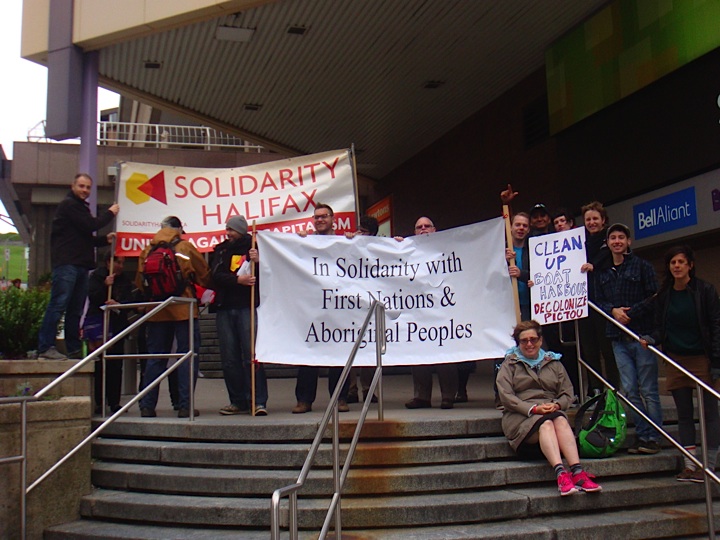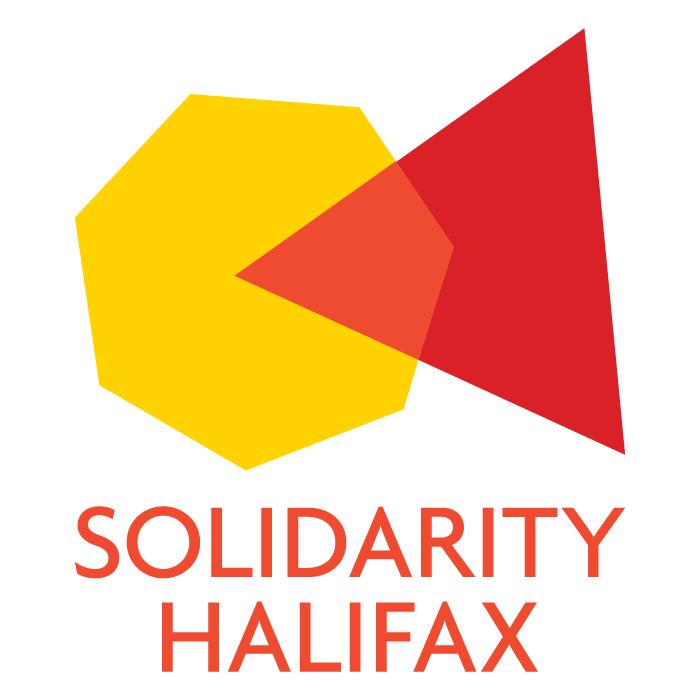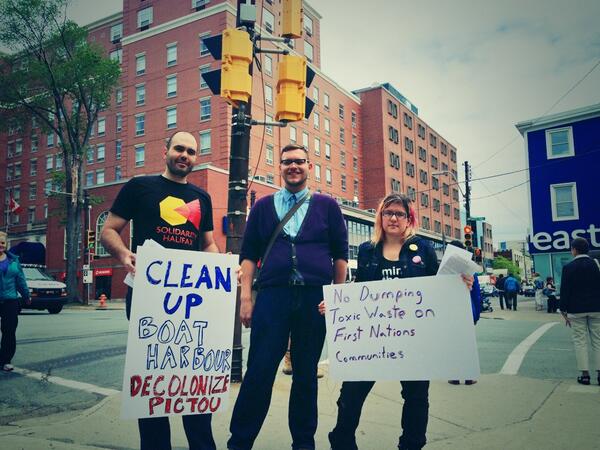By James Hutt, the provincial co-ordinator of the Nova Scotia Citizens’ Health Care Network and a member of Solidarity Halifax. Originally published in The Chronicle Herald.

At its recent annual general meeting, the College of Physicians and Surgeons of Nova Scotia announced that it is getting ready for the privatization of health care. It will look at ways to regulate private health care as part of its strategic two-year plan.
This is a mistake — one that will put patients at risk. The college has a key role to play in setting the quality of care. It is the regulating body for all physicians and surgeons in the province. Part of the college’s mandate is to ensure the highest standards of care in all of its members’ practices. There is no way to do that with for-profit medicine.
Decades of research have shown that private health care is less safe than public health care. Whether it’s private hospitals, clinics, or nursing homes, private care cuts corners to maximize profit at any cost.
Recent studies at McMaster University have demonstrated that patients are more likely to die in for-profit hospitals. Since the National Health Service opened up to privatization, it has led to a huge increase in infant mortality in the U.K. Here in Nova Scotia, we often hear from residents in private, long-term-care homes about policies for staff to weigh diapers to make sure they are as full as possible before changing them.
There is no way to regulate private health care to be as safe as the public system. No matter where you look, private health care delivers worse health outcomes. By regulating, the college will give its stamp of approval to substandard care.
Nor will regulation prevent private health care from draining public resources and “cherry-picking” patients who are healthy, wealthy and young.
Regulation of private health care in other jurisdictions has proven costly and less than effective. The United States has the highest regulated private health sector out of the OECD countries, spending over $169 billion per year. Yet, it stills reports hundreds of billions of dollars lost to health fraud and abuse. The U.K. and Australia have also experimented with regulation, but consistently report lower health outcomes in private, for-profit clinics and hospitals, not to mention extra-billing.
Even within Canada, regulation hasn’t worked. The college is looking to model its own policies after B.C., yet that province has struggled to regulate private providers. The province is now embroiled in lengthy lawsuits against private clinics for hundreds of thousands of dollars in fraud.
The safest and most cost-efficient health care is delivered by non-profit and publicly funded providers. Trying to regulate for-profit medicine is both costly and ineffective.
The College of Physicians and Surgeons needs to turn away from private health care completely and uphold the highest standards of care for patients. The college, its doctors, and all Nova Scotians should settle for nothing less.
Note: Articles published by Solidarity Halifax members do not necessarily reflect positions held by the organization.



